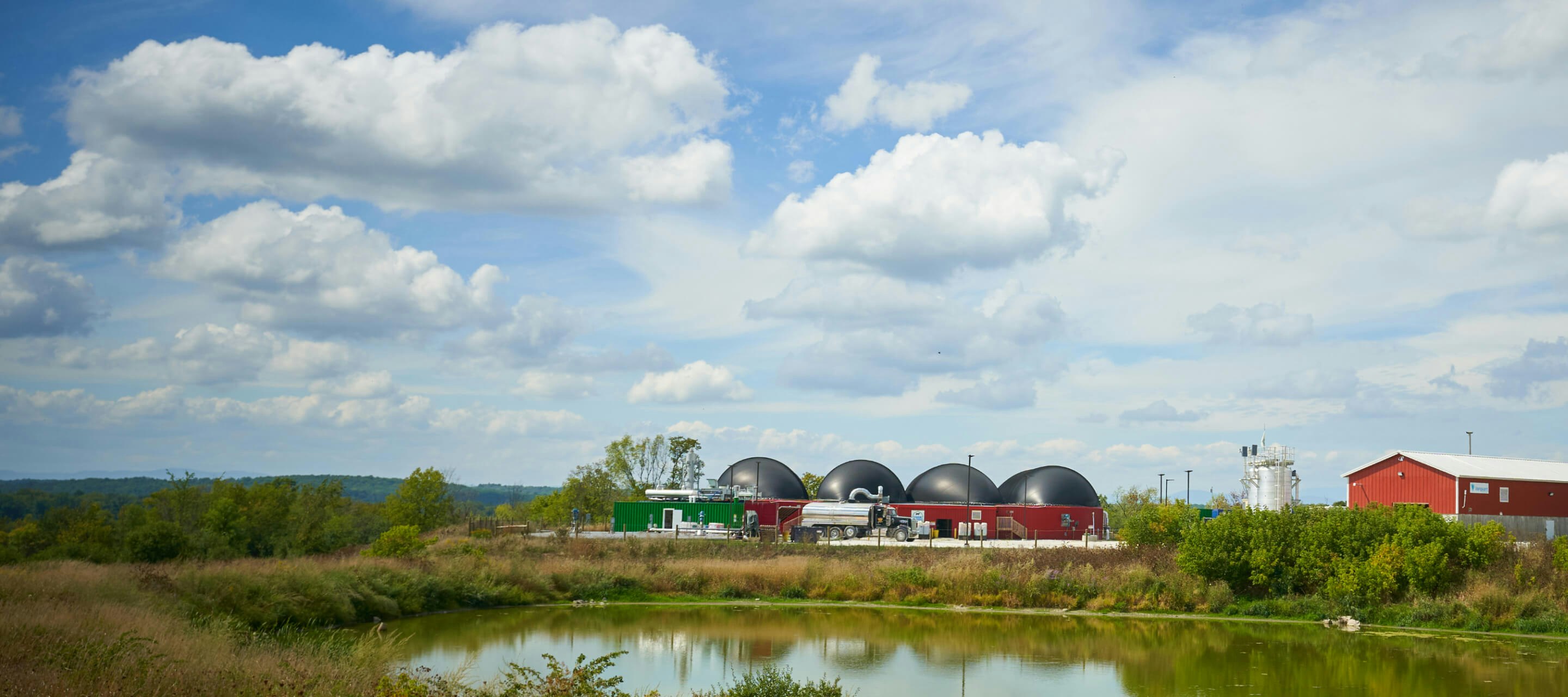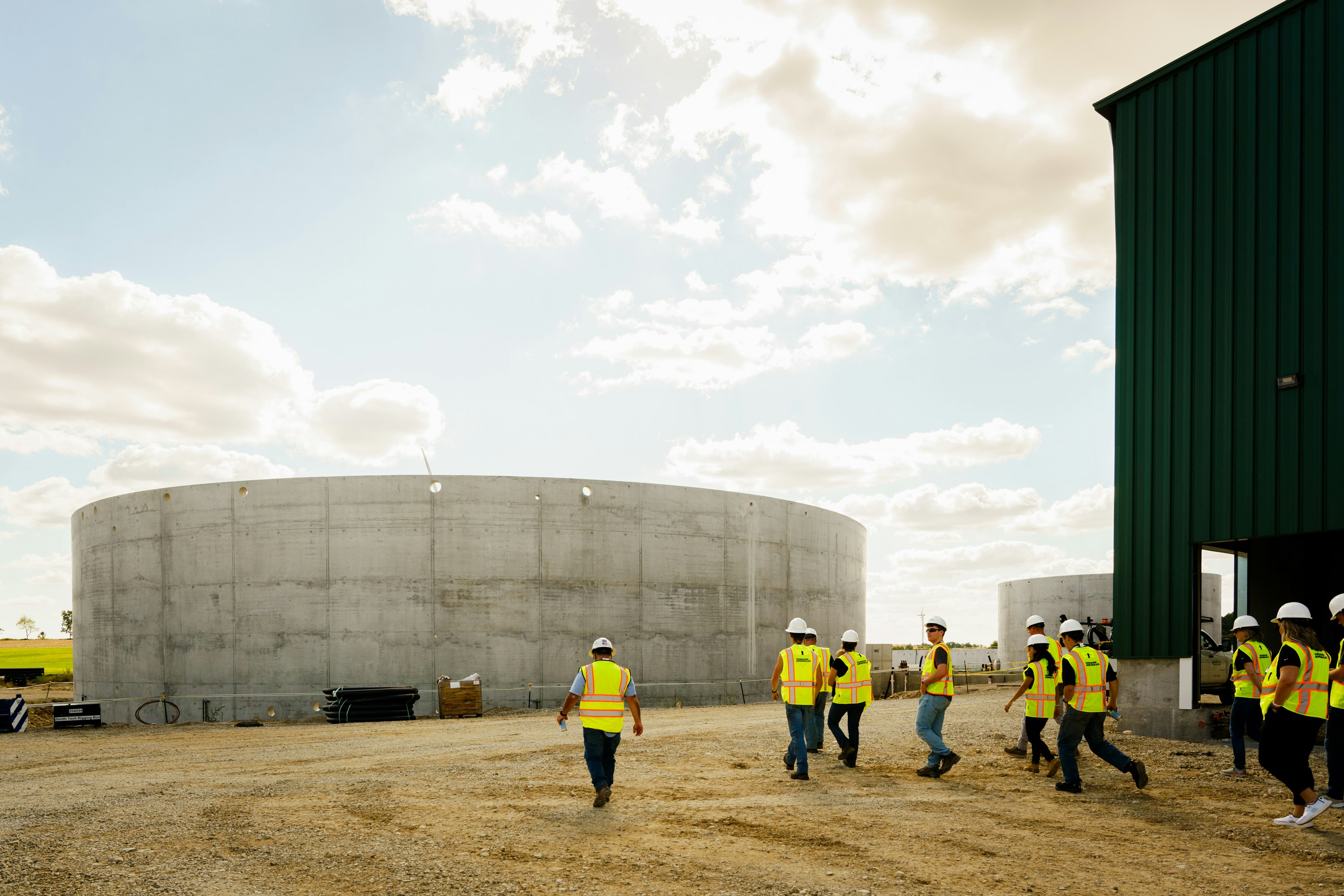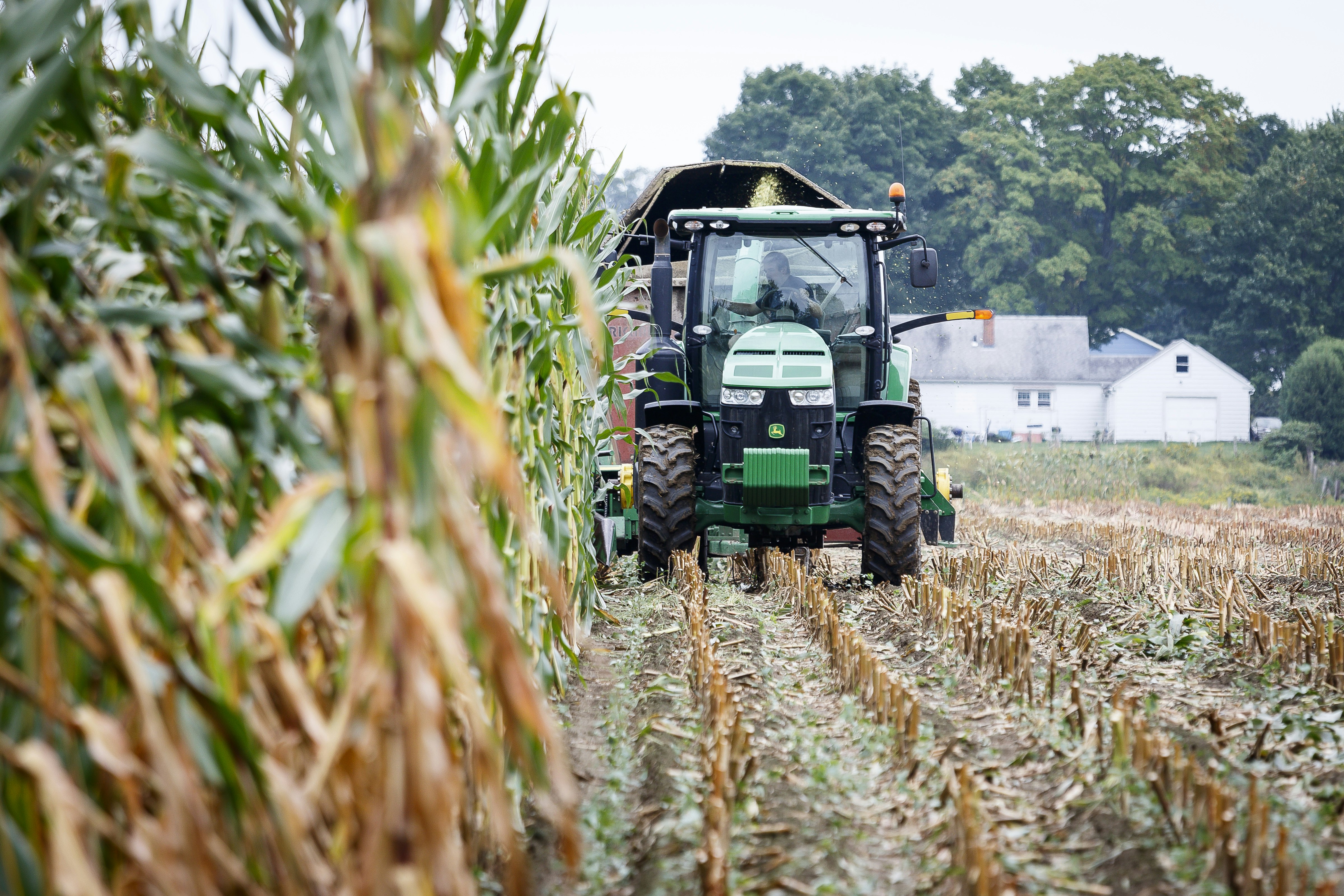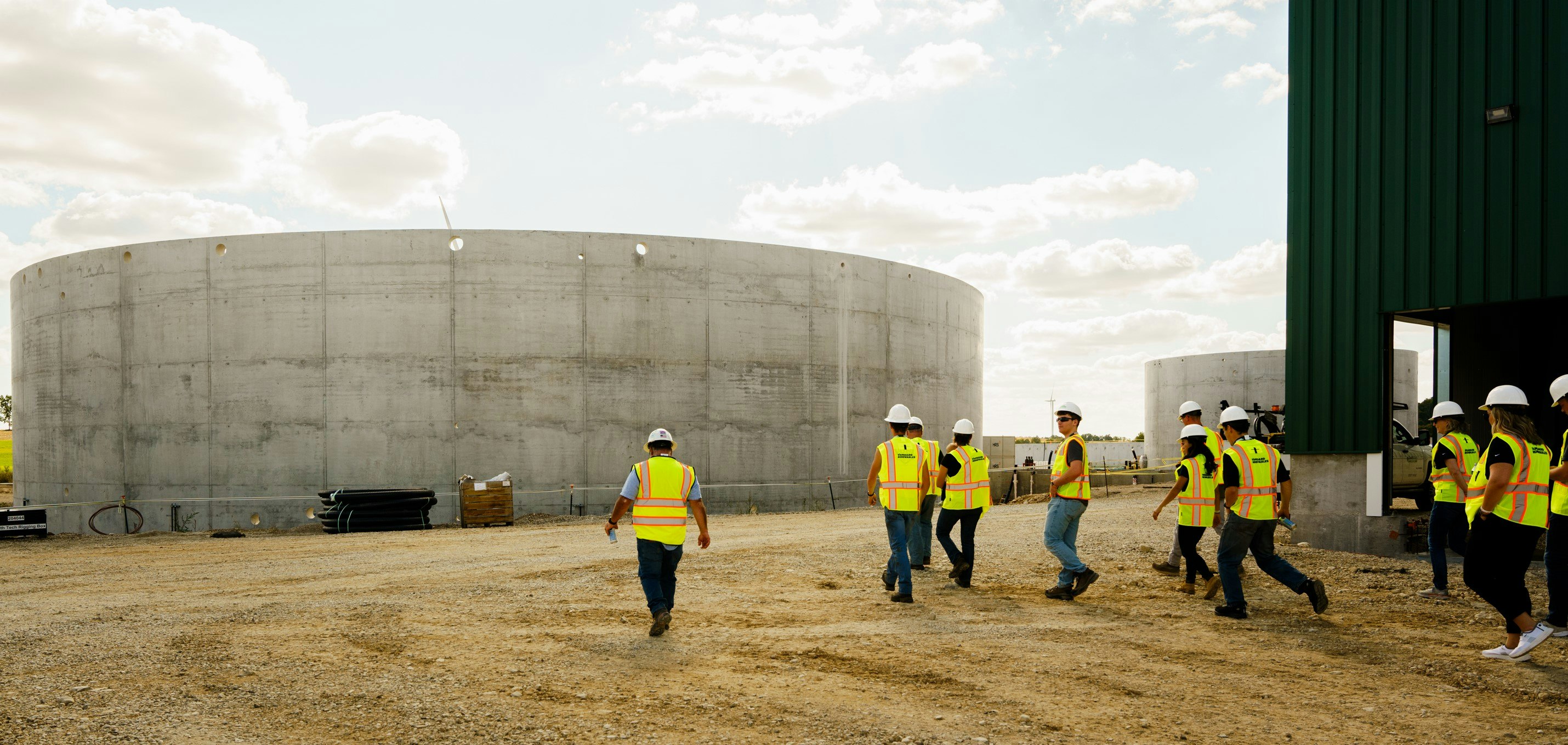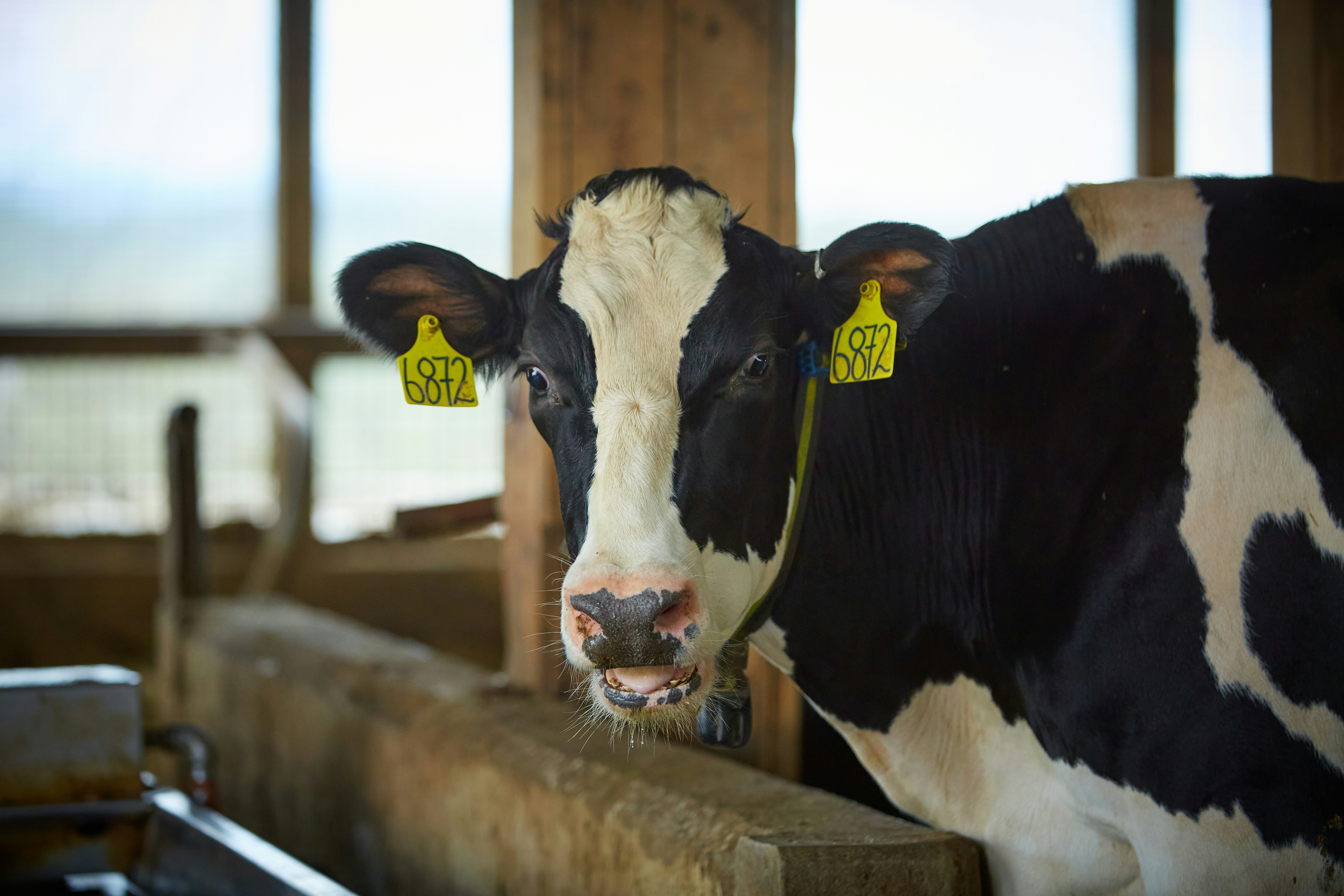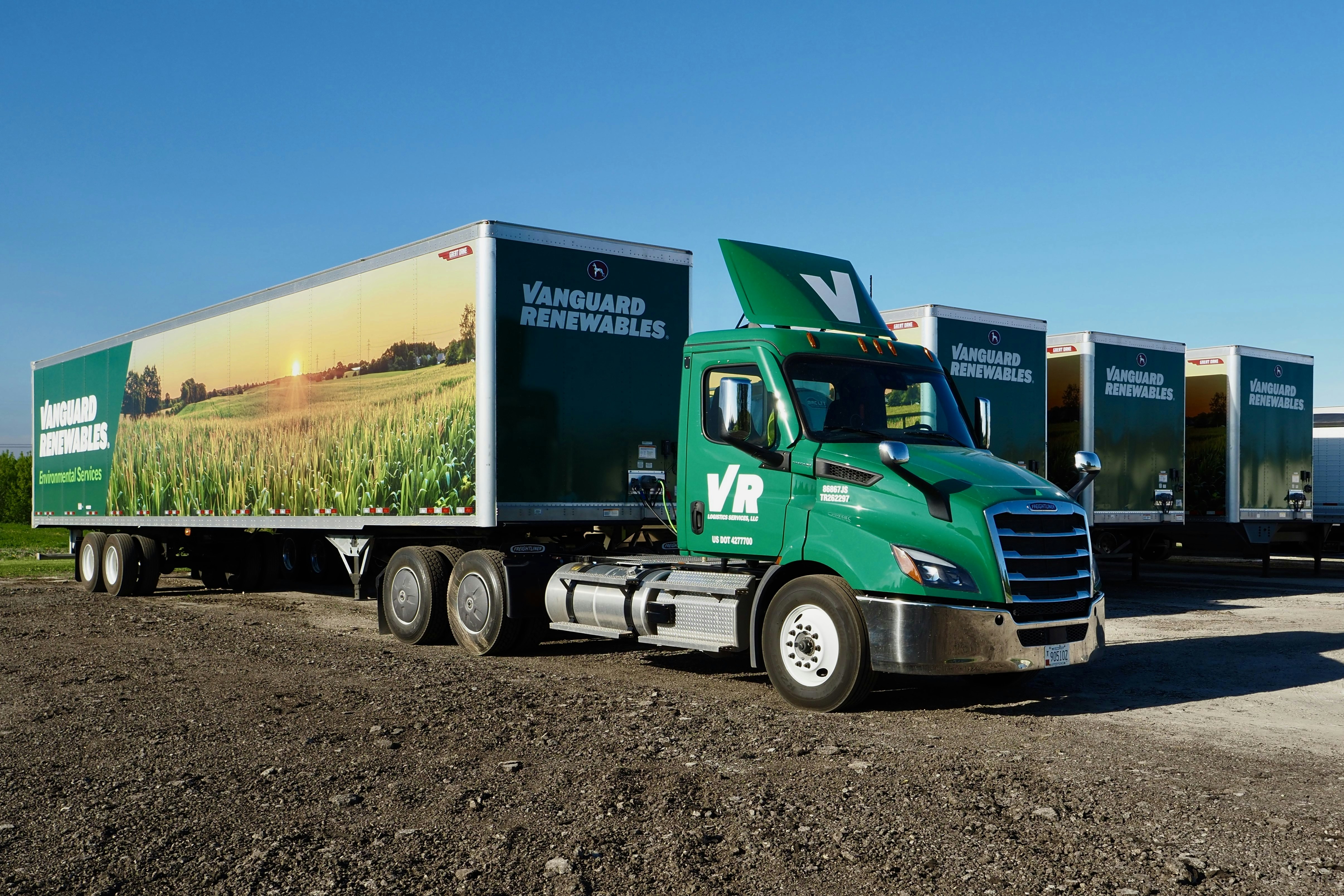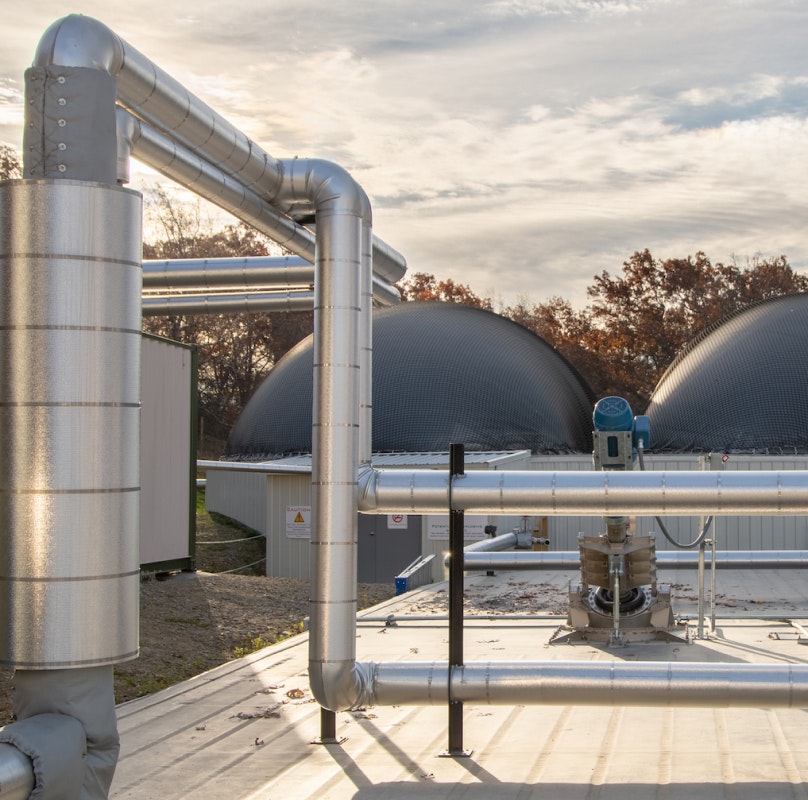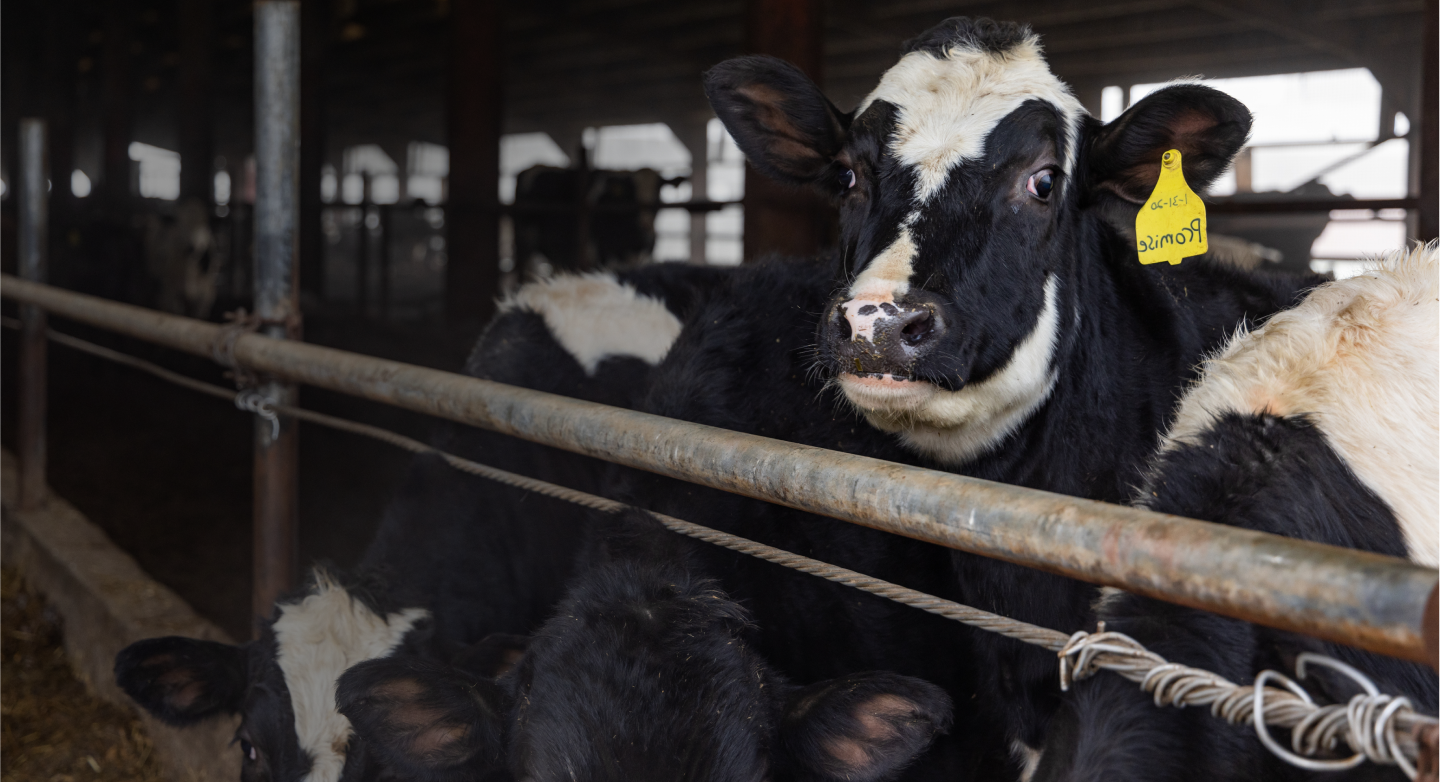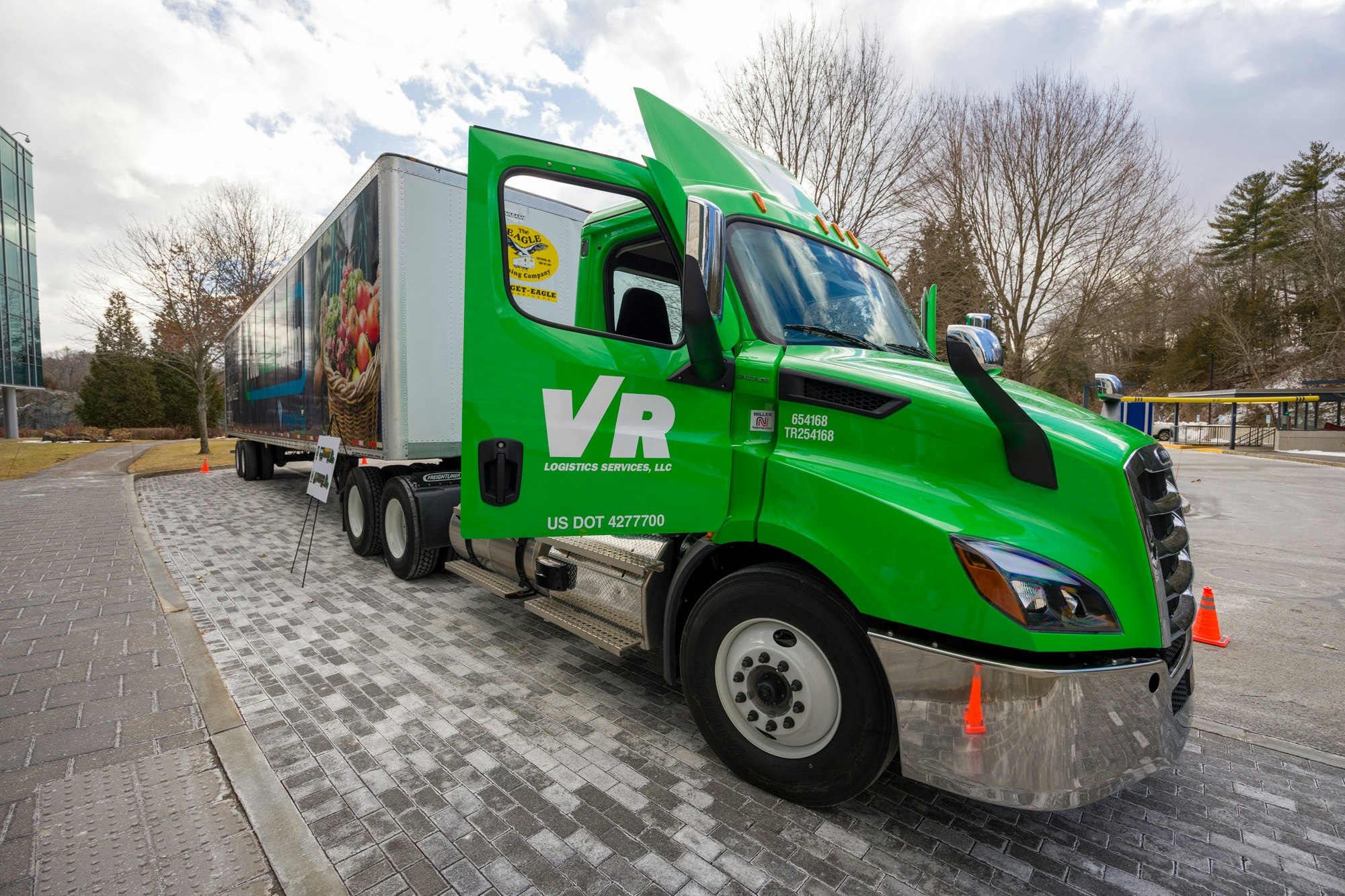A legislative wave is transforming how the U.S. handles organic waste
According to the latest update from ReFED and the Harvard Law School Food Law and Policy Clinic, 12 states have enacted organic waste bans, and 32 states have introduced nearly 100 food waste-related bills this year alone. These laws increasingly prohibit landfilling or incinerating food scraps, placing new compliance pressures on businesses and institutions across the food and beverage value chain.
So what’s driving this shift, and what solutions are businesses turning to?
The FDA and USDA estimate that between 30-40 percent of the United States’ food supply becomes waste, and that food is the largest single category of material placed into municipal landfills. One of the most promising answers to these issues is anaerobic digestion (AD). With strong legislative support and growing infrastructure investment, AD is emerging as a leading strategy for compliance and sustainability.
What is Anaerobic Digestion?
AD is a natural process that breaks down organic waste in an oxygen-free environment, producing renewable energy and valuable agricultural byproducts like animal bedding and natural fertilizer. The methane generated is captured as biogas and refined into a drop-in replacement for fossil natural gas.
According to the EPA’s Wasted Food Scale, anaerobic digestion (with beneficial use) is one of the most preferred options for inedible food waste—on par with composting. But unlike composting, AD captures and repurposes greenhouse gases, helping reduce methane emissions while supporting domestic energy production.
Food Waste Bans Are Expanding
For businesses, the impact of these new laws is already being felt. States are actively enforcing bans that change how food waste must be managed day to day.
- New Hampshire’s statewide ban (effective February 2025) prohibits landfilling food waste for entities generating one ton or more per week, if an AD or composting facility is available within 20 miles.
- Washington’s commercial waste ban entered its second phase (effective January 2025), now requiring generators making at least four cubic yards of organic material waste to comply instead of the prior eight.
- Vermont enforces a full commercial and residential ban, requiring diversion through donation, animal feed, composting, or AD.
- Massachusetts, Rhode Island, Connecticut, New York, Washington, Maryland, and D.C. have commercial bans targeting large generators.
- Cities and counties in Florida, Minnesota, Texas, Colorado, and Oregon have enacted local bans.
These policies are already affecting how restaurants, retailers, and manufacturers manage daily operations, and the pressure to adapt is growing.
Policy Momentum Behind AD
Policymakers aren’t just mandating change, they’re enabling it. Across the country, states are investing in AD infrastructure through tax credits, permitting reform, and energy incentives. This support is helping scale the industry rapidly.
These policies directly benefit customers by expanding access, lowering costs, and improving service reliability. AD is increasingly seen not just as a compliance tool, but as a cornerstone of America’s energy and waste management strategy.
Navigating Compliance with Confidence
With regulations expanding and infrastructure scaling, businesses are now facing the practical realities of compliance. AD offers a clear path forward, but choosing the right partner is critical.
With over a decade of experience, Vanguard Renewables delivers a fully integrated, zero-landfill solution that gives you the peace of mind you need to run your business. With logistics, infrastructure, compliance, and reporting all under one roof, our tailored programs simplify your compliance, protect your brand, and unlock new value from each/all of your material streams.
Through our national network of facilities and trusted partners, we ensure that your organic waste streams are matched with their most efficient and responsible end use, including clean energy generation through AD, recycling, composting, and animal feed.
To explore how Vanguard Renewables can help your business stay compliant and unlock new value from your food waste, click here.
